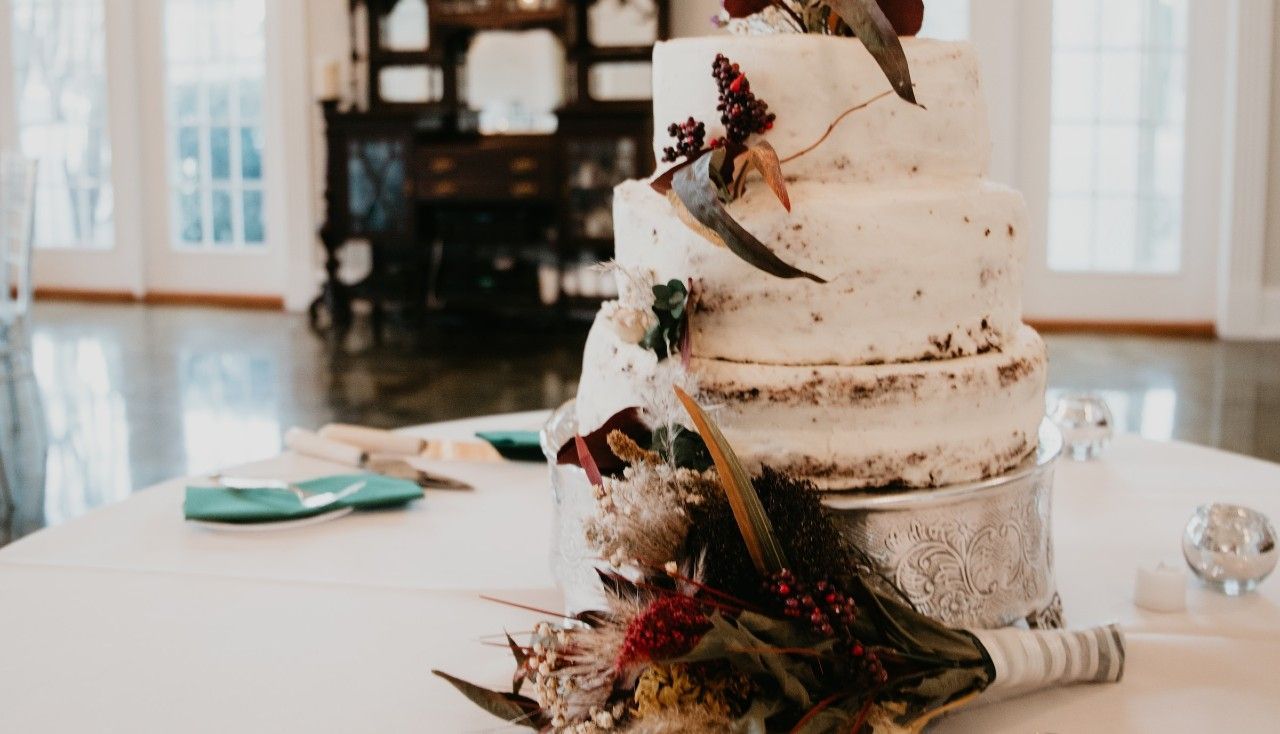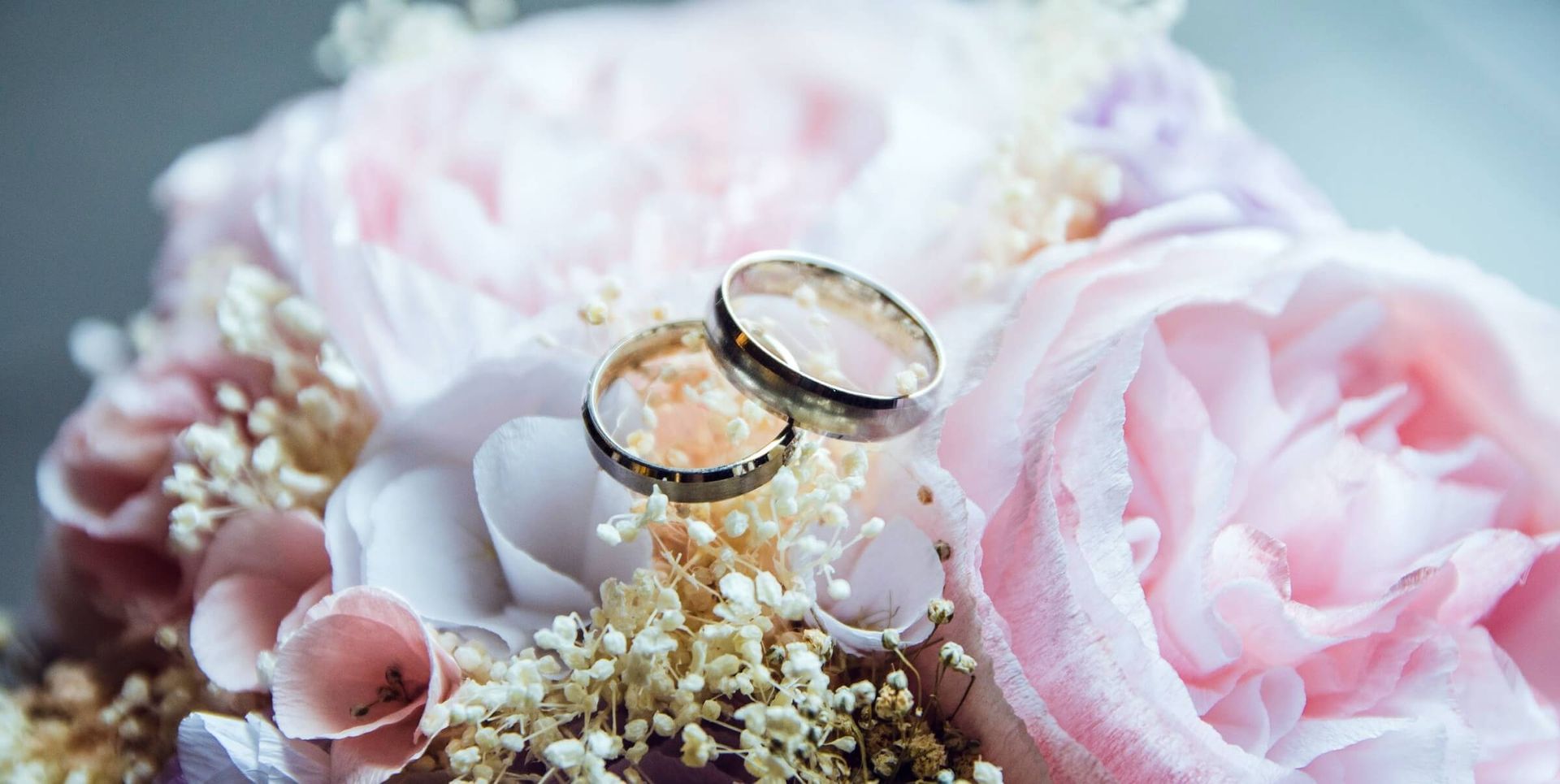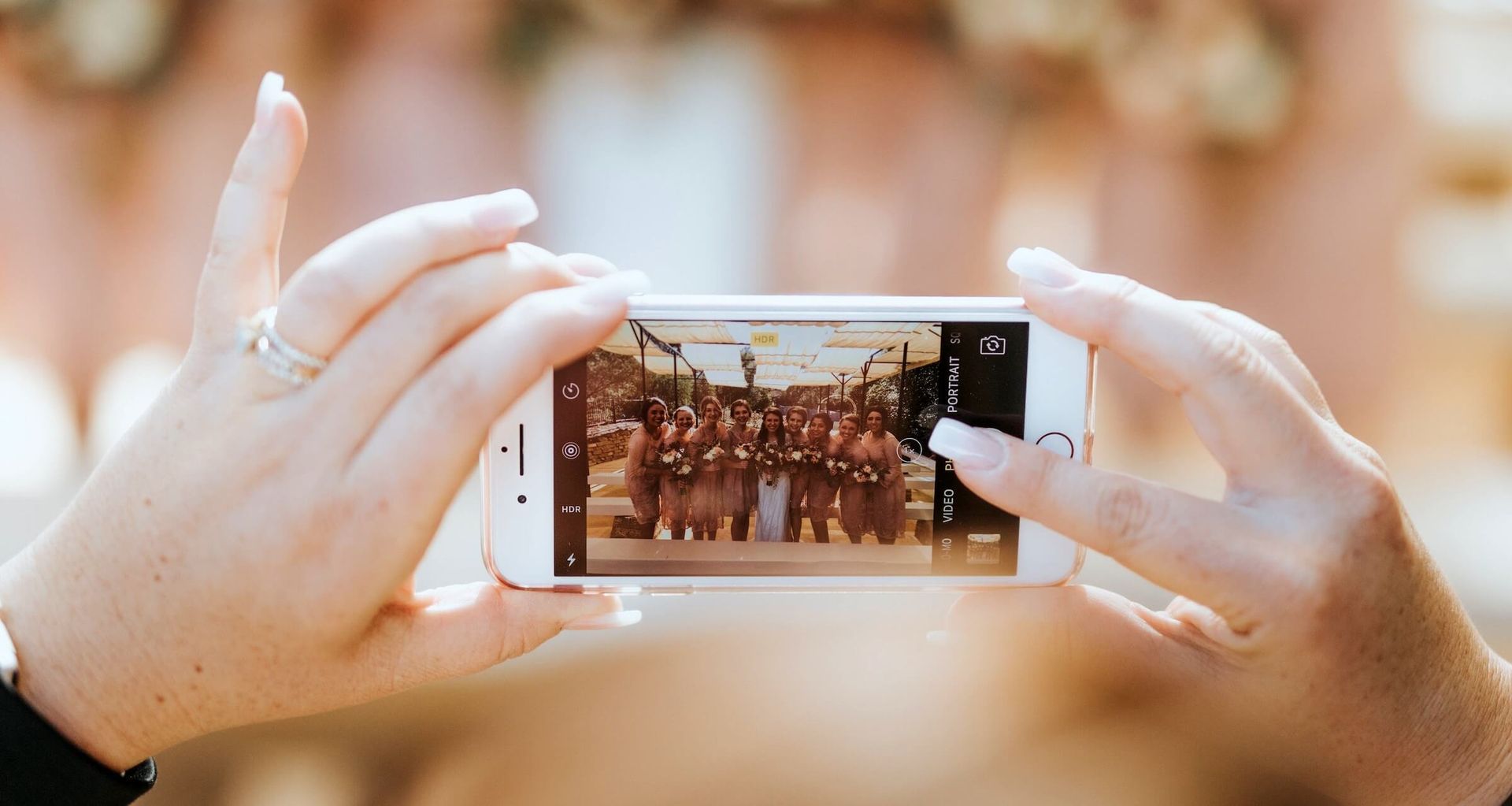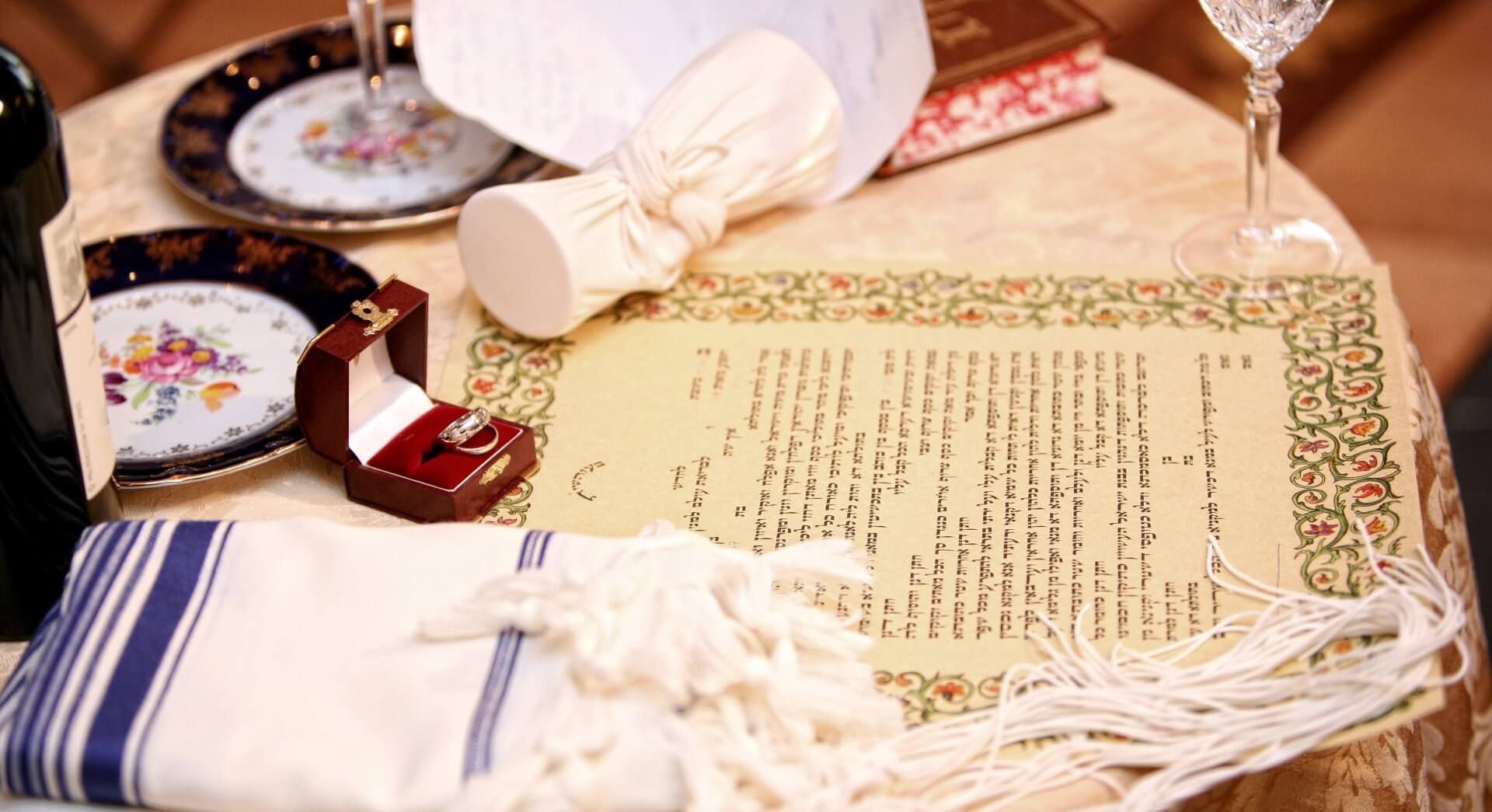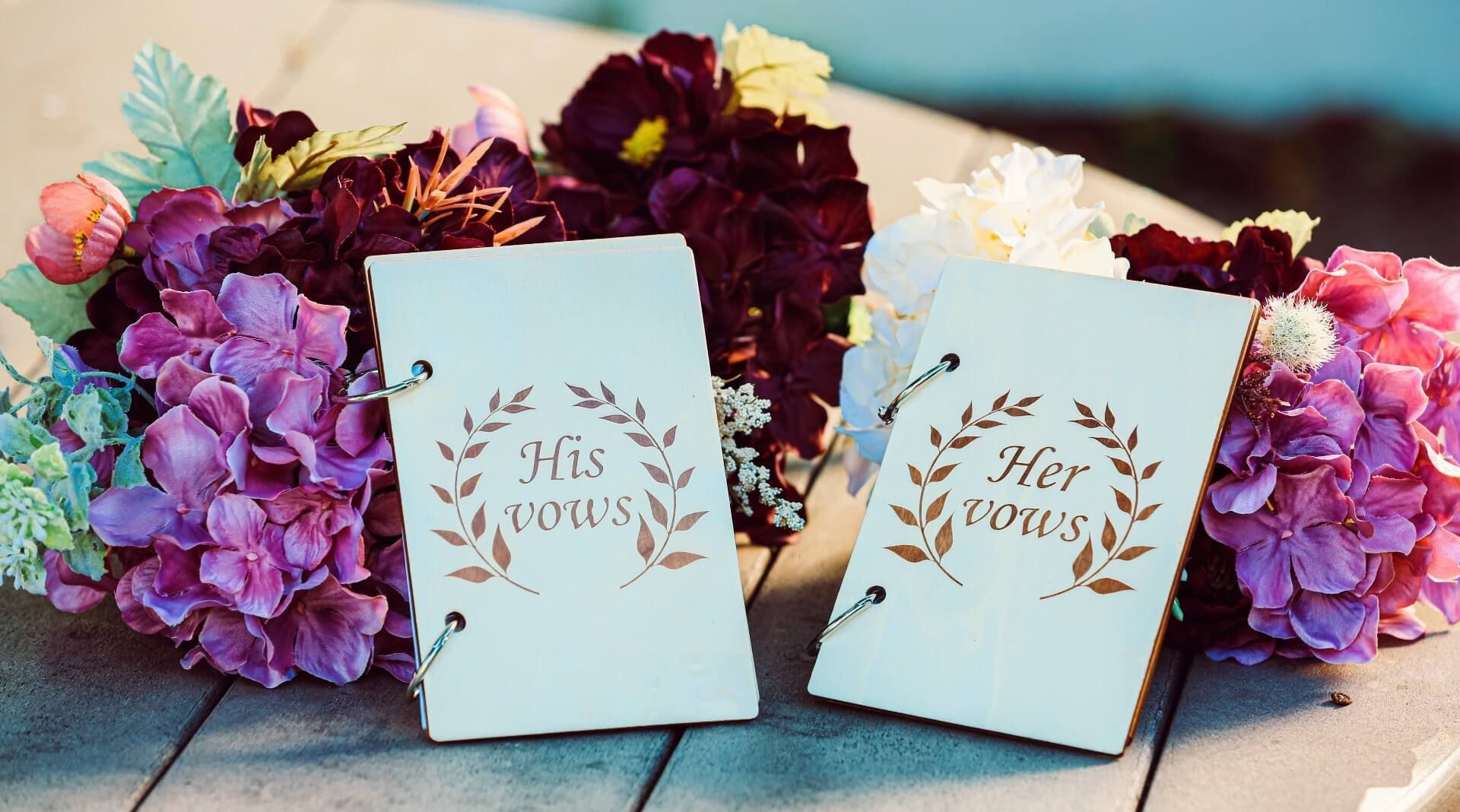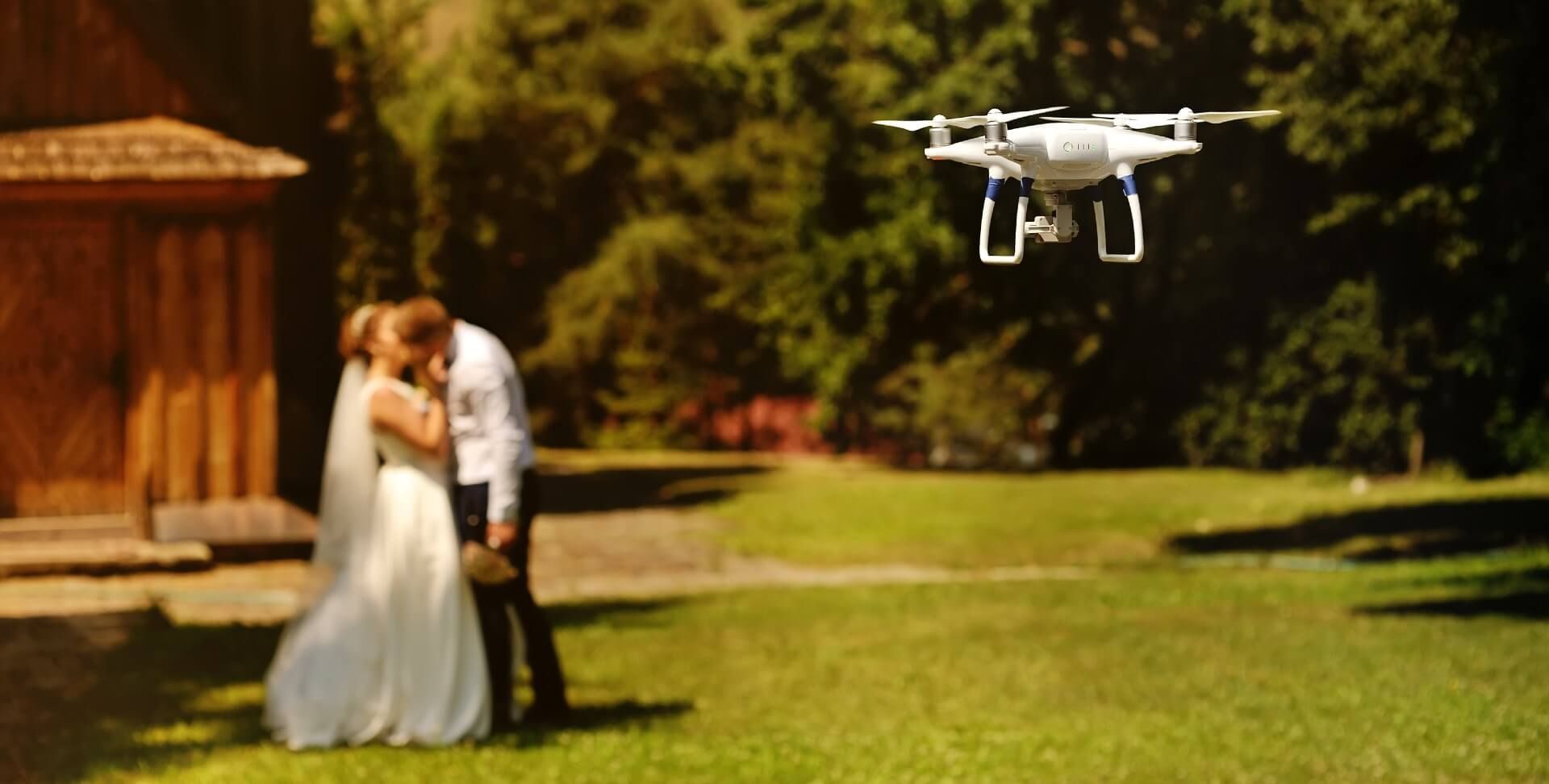The Importance of Rehearsing Your Wedding Ceremony
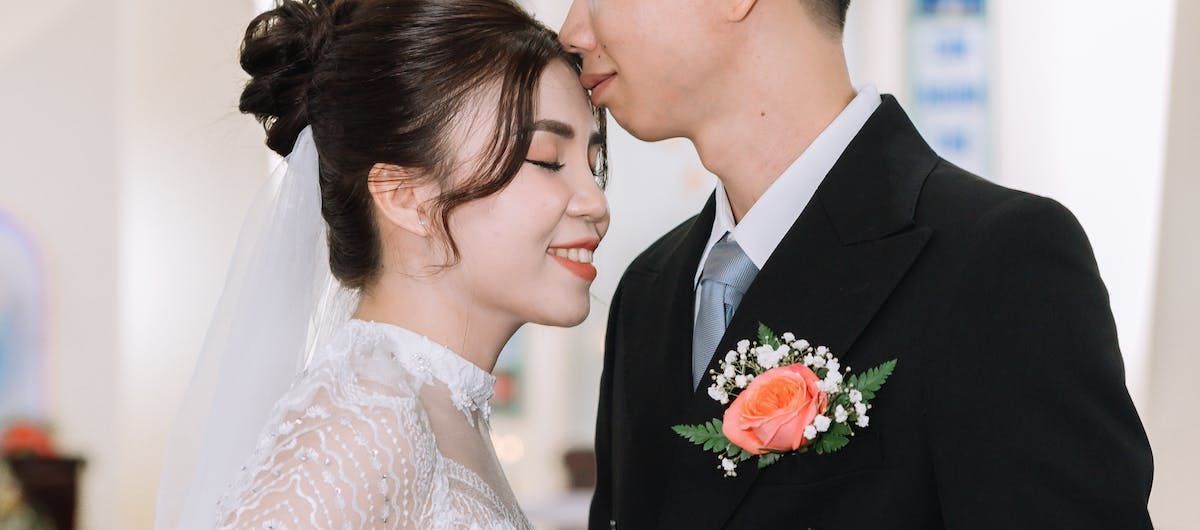
Planning a wedding involves countless details and decisions, but amidst all the chaos, the significance of the wedding ceremony itself should never be overlooked. While some may dismiss the idea of a wedding rehearsal as unnecessary, it serves a greater purpose beyond simply practicing the walk down the aisle. In this article, we will explore the importance of rehearsing your wedding ceremony and provide insights into why it is a crucial step in ensuring a smooth and memorable event.
Understanding the Wedding Rehearsal
A wedding rehearsal is a run-through of the wedding ceremony that takes place a few days prior to the wedding day. It offers an opportunity for all the key participants, including the couple, wedding party, officiant, and other individuals with roles in the ceremony, to familiarize themselves with their positions and responsibilities. The
presence of a wedding planner or coordinator can be invaluable during this process, ensuring smooth coordination with other vendors and addressing any potential issues.
Separating the Rehearsal from the Rehearsal Dinner
In recent times, the focus has shifted towards the rehearsal dinner, often overshadowing the significance of the actual wedding rehearsal. While a rehearsal dinner can be a delightful social event, it is essential to prioritize the rehearsal itself. The dinner is optional, but the rehearsal is crucial in ensuring everyone involved understands their roles and responsibilities for the upcoming ceremony.
Reasons for Conducting a Wedding Rehearsal
Reason #1: Focusing on the significance of the wedding ceremony
The wedding ceremony is the heart of the celebration, symbolizing the union of two individuals. A rehearsal allows the officiant to emphasize the importance of the ceremony, reminding everyone of the true purpose of the event.
Reason #2: Alleviating pre-wedding jitters and anxiety
Nervousness and uncertainty often accompany the anticipation of a wedding. A rehearsal provides a platform to address concerns, ask questions, and familiarize oneself with the ceremony's sequence, easing anxiety and ensuring a more relaxed experience on the actual day.
Reason #3: Understanding the logistics for the couple
The couple needs to know where to go, how to stand, and when to exchange vows. A rehearsal clarifies these logistical details, such as walking down the aisle, exchanging rings, and signing the marriage license, ensuring a seamless and confident performance.
Reason #4: Guiding the wedding party on their roles and positions
The wedding party has a critical role in the ceremony. Rehearsing helps them understand the processional and recessional order, their positions during the ceremony, and any specific instructions related to holding flowers, walking pace, or attire.
Reason #5: Instructing guests with specific roles
Parents, grandparents, readers, or singers who have special roles during the ceremony benefit from attending the rehearsal. It allows them to understand their entrances, seating arrangements, or cues for participation.
Reason #6: Helping children in the wedding party feel comfortable and prepared
If children are part of the wedding party, a rehearsal is particularly important. It helps them become familiar with their tasks, instills confidence, and minimizes the likelihood of unexpected surprises or stage fright on the wedding day.
Reason #7: Ensuring the smooth handling of important items
A wedding rehearsal provides an opportunity to plan how important items, such as rings, vows, unity candles, or signing pens, will be managed and passed between individuals during the ceremony. This ensures nothing is overlooked or misplaced on the big day.
Reason #8: Reassuring couples that the rehearsal won't diminish the magic of the ceremony
Some couples worry that rehearsing the ceremony might take away from the spontaneity and magic of the actual event. However, the rehearsal is simply a practice run, allowing everyone to feel confident and prepared, ultimately enhancing the experience rather than diminishing it.
Bonus Tips for an Effective Wedding Rehearsal
To make the most of your wedding rehearsal, consider the following tips:
- Start at the end of the aisle
Begin the rehearsal with everyone positioned at the end of the aisle. This ensures a clear understanding of each participant's placement and the flow of movements throughout the ceremony.
- Allocate extra time
Factor in extra time for late arrivals, last-minute questions, and any necessary adjustments. This helps maintain a relaxed atmosphere and ensures everyone feels comfortable and informed.
- Manage rehearsals in alternate locations
If the actual ceremony space is unavailable for a rehearsal, find a similar venue or outdoor space to simulate the layout. It helps familiarize everyone with their positions, regardless of the location.
- Schedule the rehearsal on a separate day from the wedding
To allow for better focus and preparation, it is advisable to conduct the rehearsal on a different day than the wedding itself. This ensures adequate time to address any concerns or questions without the added stress of the approaching nuptials.
A wedding rehearsal is an essential step in preparing for a successful and memorable wedding ceremony. It goes beyond mere logistics, allowing all participants to understand their roles,
alleviate anxiety, and ensure a smooth and enjoyable experience for everyone involved. By involving an officiant or wedding coordinator, couples can navigate the intricacies of the ceremony with ease.
So, embrace the importance of rehearsing your wedding ceremony and book an officiant to guide you through this critical process, setting the stage for a beautiful and flawless wedding day.

